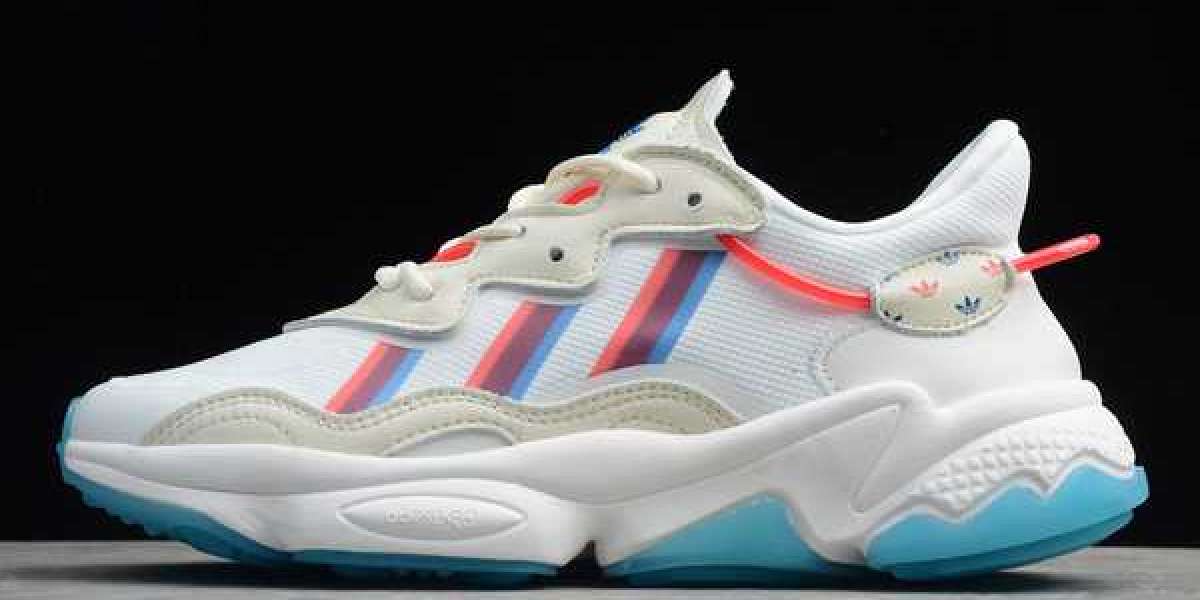The automotive industry is undergoing a digital transformation, and Customer Relationship Management (CRM) systems are at the heart of this change. Modern CRM solutions are revolutionizing how car dealers interact with customers, streamline operations, and enhance overall customer satisfaction.
Personalized Customer Experience
One of the most significant trends in CRM for automobiles is the emphasis on delivering a personalized customer experience. CRM software now integrates advanced data analytics and artificial intelligence to gather and analyze customer data. This enables car dealers to understand their customers' preferences, buying behavior, and service history. By leveraging this data, dealers can offer personalized recommendations, targeted promotions, and tailored communication, enhancing customer loyalty and satisfaction.
Example:
Imagine a customer who frequently buys luxury cars. With the latest CRM solutions, a car dealer can track this preference and offer personalized invitations to exclusive events, early access to new models, or customized financing options. This level of personalization can significantly improve the customer’s overall experience and increase the likelihood of repeat business.
Omnichannel Communication
Today's customers expect seamless communication across various channels, and CRM for car dealers is adapting to meet this demand. Modern CRM software supports omnichannel communication, allowing dealers to interact with customers through their preferred channels, whether it’s email, phone, social media, or live chat. This unified communication approach ensures that all customer interactions are recorded and accessible, providing a consistent and efficient experience.
Benefits:
- Improved Response Times: Dealers can respond to inquiries quickly, regardless of the channel used.
- Consistent Messaging: Customers receive consistent information, reducing confusion and building trust.
- Enhanced Engagement: Engaging with customers through their preferred channels increases satisfaction and loyalty.
Integration with Digital Marketing
Another trend reshaping CRM for automobiles is its integration with digital marketing strategies. CRM solutions now offer tools to create, manage, and analyze marketing campaigns. By integrating CRM software with digital marketing platforms, car dealers can track the effectiveness of their marketing efforts, segment audiences, and deliver targeted content.
Key Features:
- Campaign Management: Plan and execute marketing campaigns directly from the CRM.
- Lead Scoring: Identify and prioritize high-quality leads based on engagement and behavior.
- Analytics: Measure campaign performance and adjust strategies for better results.
Enhanced Mobility and Cloud-Based Solutions
The automotive industry is increasingly embracing cloud-based CRM solutions. These systems offer the flexibility and scalability needed to manage customer relationships efficiently. Cloud-based CRM software allows dealers to access customer data from anywhere, on any device, providing real-time updates and facilitating remote work.
Advantages:
- Accessibility: Sales and service teams can access customer information on-the-go.
- Scalability: Easily scale the CRM system as the dealership grows.
- Cost-Effectiveness: Reduce the need for extensive IT infrastructure and maintenance.
Artificial Intelligence and Machine Learning
AI and machine learning are making significant inroads into CRM for car dealers. These technologies enable predictive analytics, helping dealers anticipate customer needs and make data-driven decisions. AI-powered chatbots and virtual assistants are also becoming common, providing instant customer support and freeing up human resources for more complex tasks.
Applications:
- Predictive Maintenance: Use customer data to predict when a vehicle might need service and proactively schedule appointments.
- Customer Segmentation: Automatically segment customers based on behavior and preferences for targeted marketing.
- Sales Forecasting: Analyze sales data to predict future trends and adjust strategies accordingly.
Conclusion
The latest trends in CRM for the automotive industry are driving significant improvements in customer relationship management. By leveraging advanced CRM software, car dealers can deliver personalized experiences, maintain consistent communication, integrate digital marketing efforts, and harness the power of AI and cloud-based solutions. These innovations not only enhance customer satisfaction but also streamline operations and drive business growth. As the automotive industry continues to evolve, adopting cutting-edge CRM solutions will be crucial for staying competitive and meeting the ever-changing demands of customers.







